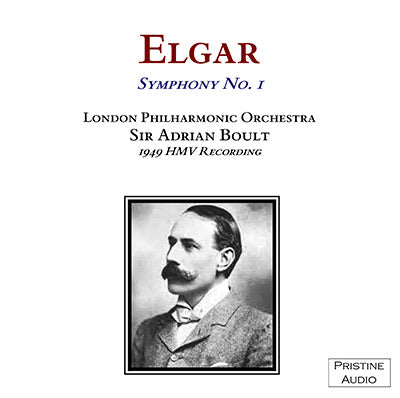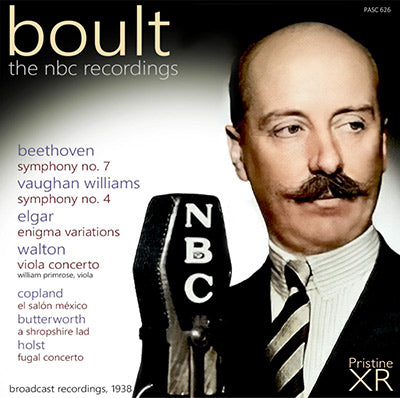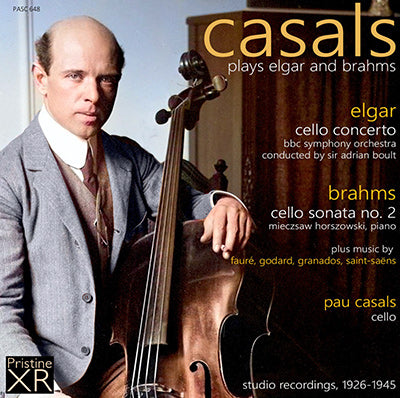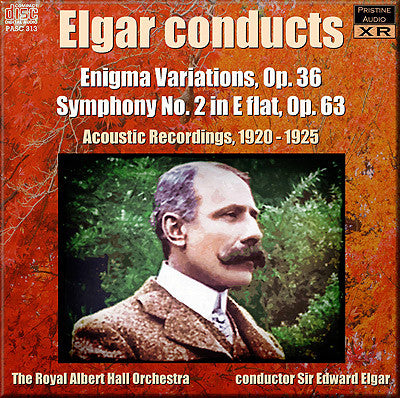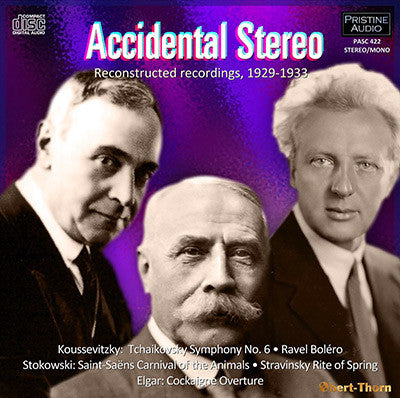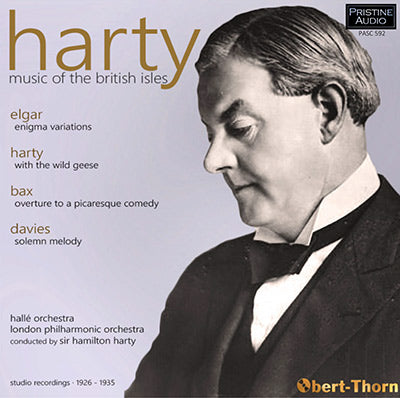Elgar
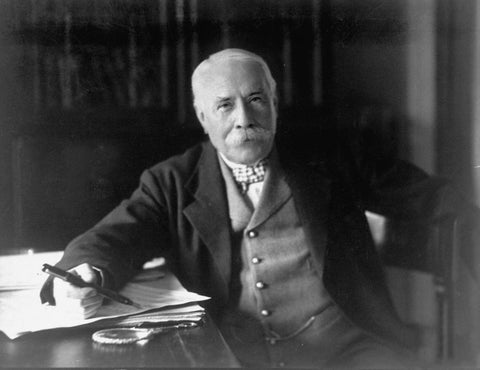
Although Elgar is often regarded as a typically English composer, most of his musical influences were not from England but from continental Europe. He felt himself to be an outsider, not only musically, but socially. In musical circles dominated by academics, he was a self-taught composer; in Protestant Britain, his Roman Catholicism was regarded with suspicion in some quarters; and in the class-conscious society of Victorian and Edwardian Britain, he was acutely sensitive about his humble origins even after he achieved recognition. He nevertheless married the daughter of a senior British army officer. She inspired him both musically and socially, but he struggled to achieve success until his forties, when after a series of moderately successful works his Enigma Variations (1899) became immediately popular in Britain and overseas. He followed the Variations with a choral work, The Dream of Gerontius (1900), based on a Roman Catholic text that caused some disquiet in the Anglican establishment in Britain, but it became, and has remained, a core repertory work in Britain and elsewhere. His later full-length religious choral works were well received but have not entered the regular repertory.
In his fifties, Elgar composed a symphony and a violin concerto that were immensely successful. His second symphony and his cello concerto did not gain immediate public popularity and took many years to achieve a regular place in the concert repertory of British orchestras. Elgar's music came, in his later years, to be seen as appealing chiefly to British audiences. His stock remained low for a generation after his death. It began to revive significantly in the 1960s, helped by new recordings of his works. Some of his works have, in recent years, been taken up again internationally, but the music continues to be played more in Britain than elsewhere.
Elgar has been described as the first composer to take the gramophone seriously. Between 1914 and 1925, he conducted a series of acoustic recordings of his works. The introduction of the moving-coil microphone in 1923 made far more accurate sound reproduction possible, and Elgar made new recordings of most of his major orchestral works and excerpts from The Dream of Gerontius.

Elgar
ELGAR Symphony No. 1
Recorded in 1949
Duration: 48:01
London Philharmonic Orchestra
conductor Sir Adrian Boult
NB. A more recent (2022) transfer of this recording can be found on PASC653
BEETHOVEN Symphony No. 7
VAUGHAN WILLIAMS Symphony No. 4
WALTON Viola Concerto
ELGAR Enigma Variations
HOLST A Fugal Concerto
COPLAND El Salón México
BUTTERWORTH A Shropshire Lad, Rhapsody
BUSONI Comedy Overture*
Live broadcast recordings, 1938
Total duration: 2hr 40:41 (CDs: 2hr 34:04)
William Primrose, viola
NBC Symphony Orchestra
conducted by Sir Adrian Boult
*Bonus track supplied with downloads only
ELGAR Cello Concerto
BRAHMS Cello Sonata No. 2
plus music by Fauré, Godard, Granados, Saint-Saëns
Studio recordings, 1926-1945
Total duration: 72:42
Pau Casals, cello
Mieczyslaw Horszowski, piano
Nicolai Mednikov, piano
BBC Symphony Orchestra
conducted by Sir Adrian Boult
ELGAR Enigma Variations
ELGAR Symphony No. 2
Recorded between 1920 and 1925
Total duration: 71:46
The Royal Albert Hall Orchestra
Sir Edward Elgar, conductor
TCHAIKOVSKY Symphony No. 6 in B minor, Op.74 (Pathétique)
RAVEL Boléro
SAINT-SAËNS Carnival of the Animals
STRAVINSKY The Rite of Spring
ELGAR Cockaigne Overture
Studio recordings · 1929-1933
Total duration: 74:03
Serge Koussevitzky - Boston Symphony Orchestra
Leopold Stokowski - The Philadelphia Orchestra
ELGAR Enigma Variations
BAX Overture to a Picaresque Comedy*
HARTY With the Wild Geese
HARTY Scherzo from An Irish Symphony
DAVIES Solemn Melody for Organ and Orchestra
ELGAR Dream Children
ELGAR The Apostles - By The Wayside
Studio recordings, 1926-1935
Total duration: 74:52
Hallé Orchestra & Chorus
*London Philharmonic Orchestra
conducted by Sir Hamilton Harty

